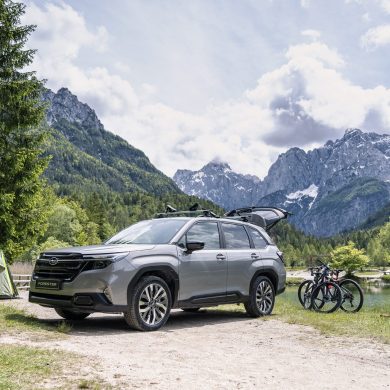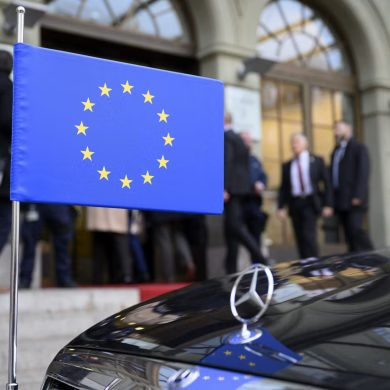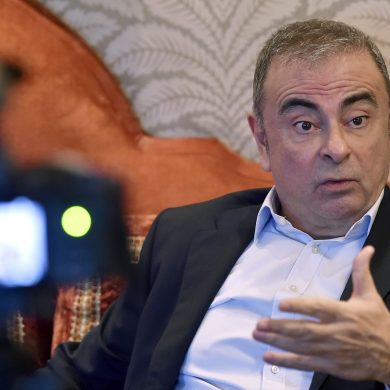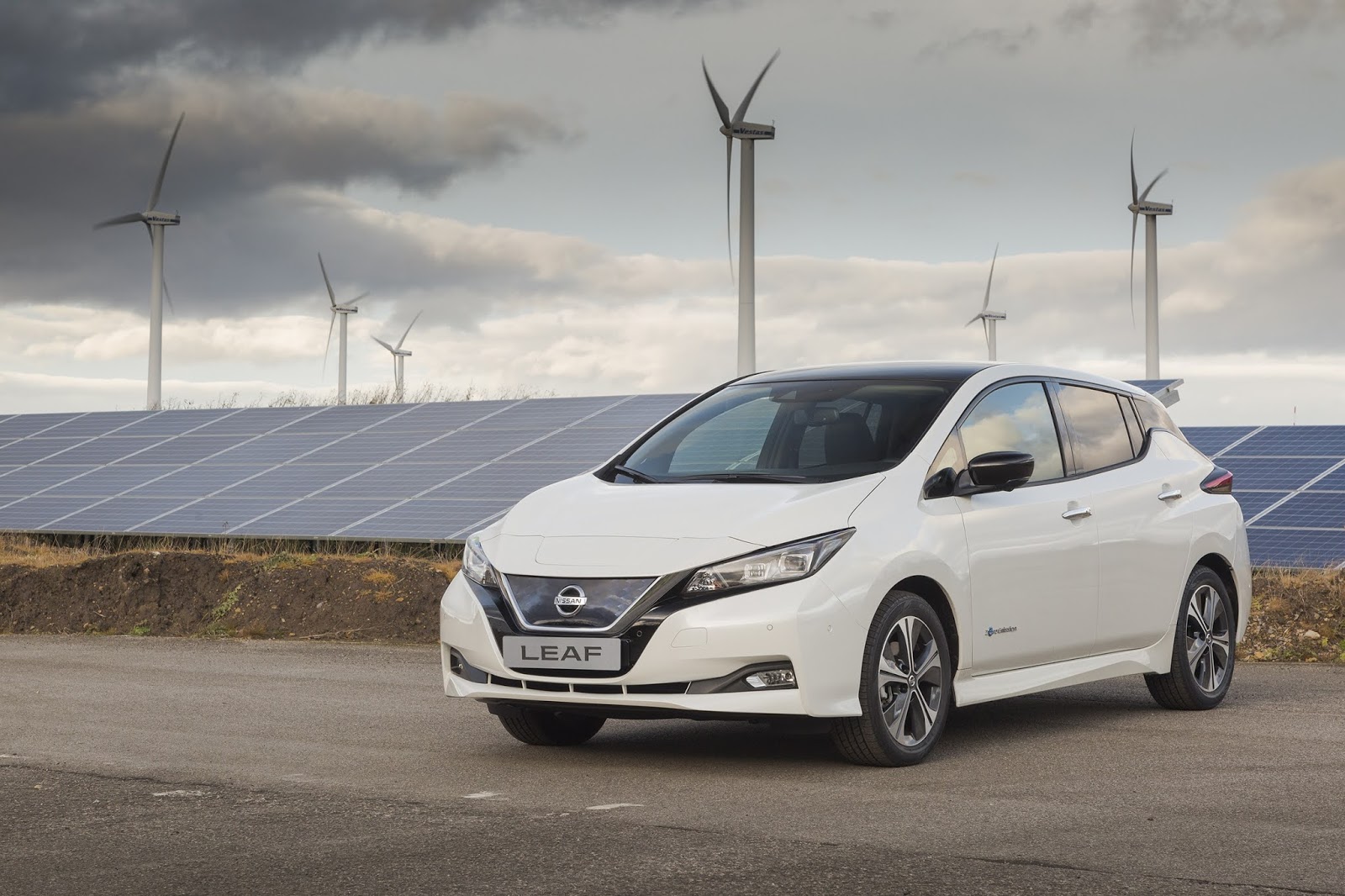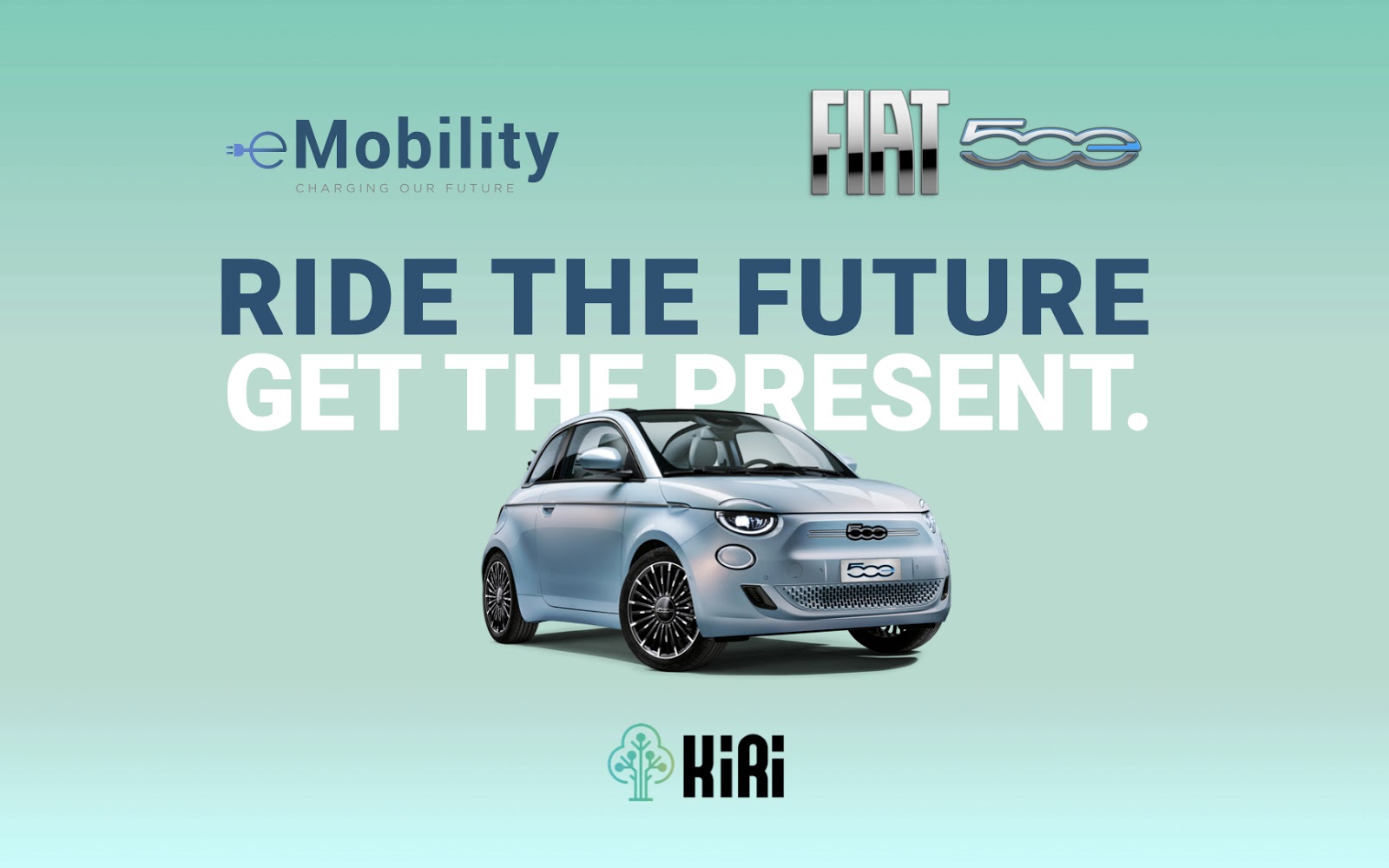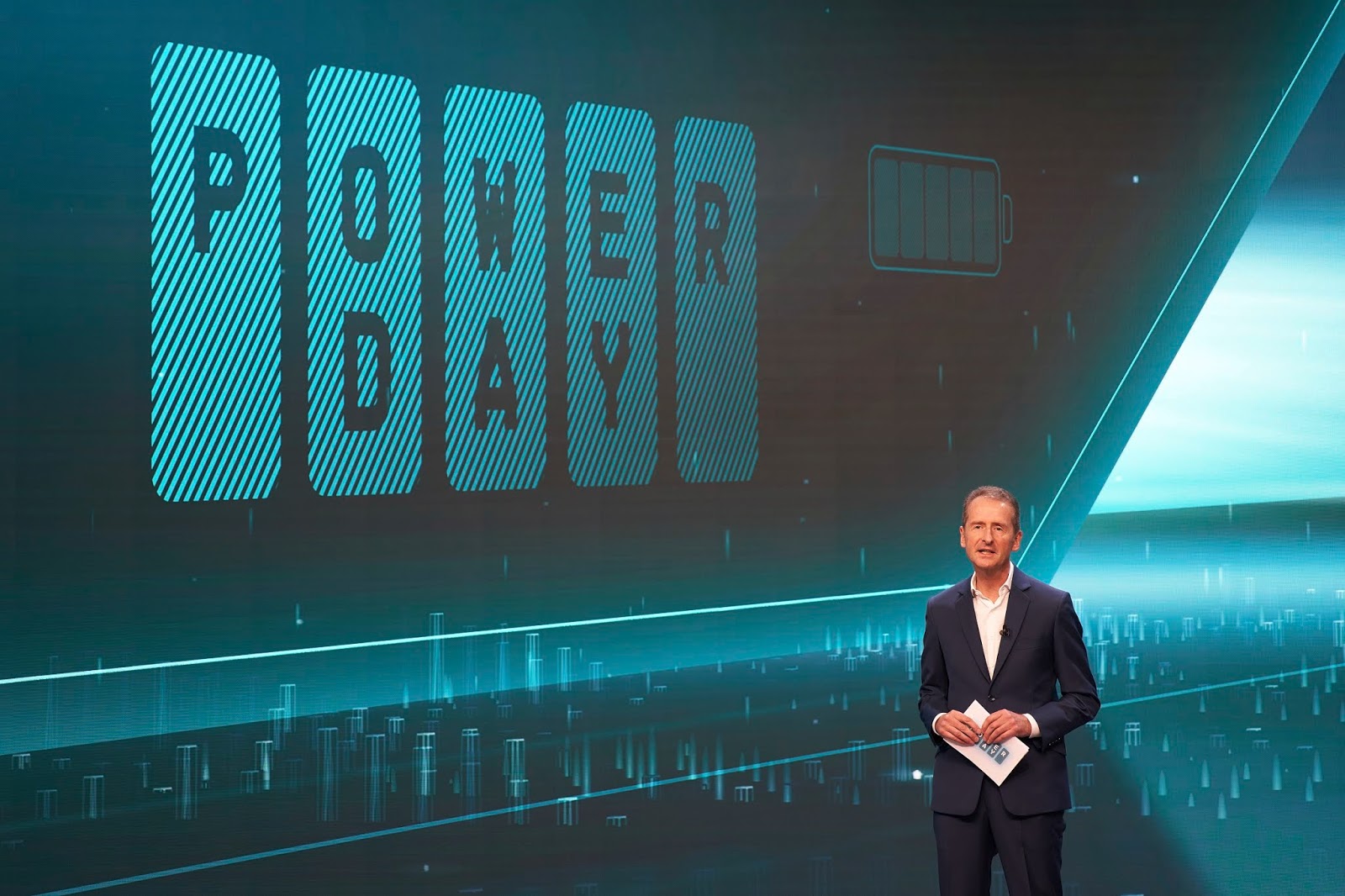
In a
online event entitled POWER DAY, the Volkswagen Group presented
its strategy for batteries and charging of electric vehicles, by the
2030. The published "technology map" focuses on reducing
the complexity and cost of the battery in order to make the electric
car to make it more attractive and realistic for as much as possible
more people.
At the same time,
το Volkswagen Group aims to ensure uninterrupted battery power after 2025.
In Europe alone, by the end of the decade, six
Mega-factories with a total production capacity of 240 GWh. A significant expansion of the
public fast charging network (fast charging) at a global level. To
this, the Group has already agreed partnerships with energy companies in Europe, the BP (Great Britain), Iberdrola (Spain) and Enel (Italy).
The
these actions "in the long term will put the Volkswagen Group in a leading position for both the most advanced
technology batteries and the best customer experience in the age of
mobility with zero emissions," said the Dr. Herbert Diess, President of the
Board of Directors of the Volkswagen Group.
The responsibility
for the implementation of the specific technological charter will be carried out by Volkswagen Group Components, led by
τον Thomas Schmall,
Member of the Board of Directors of Volkswagen Group for Technology and CEO of Volkswagen Group Components, who said: "Reducing costs
and complexity of the battery while increasing the autonomy and
its performance, will eventually make electromobility affordable and dominant
technology".
The
highlights of the technological map presented in the POWER DAY:
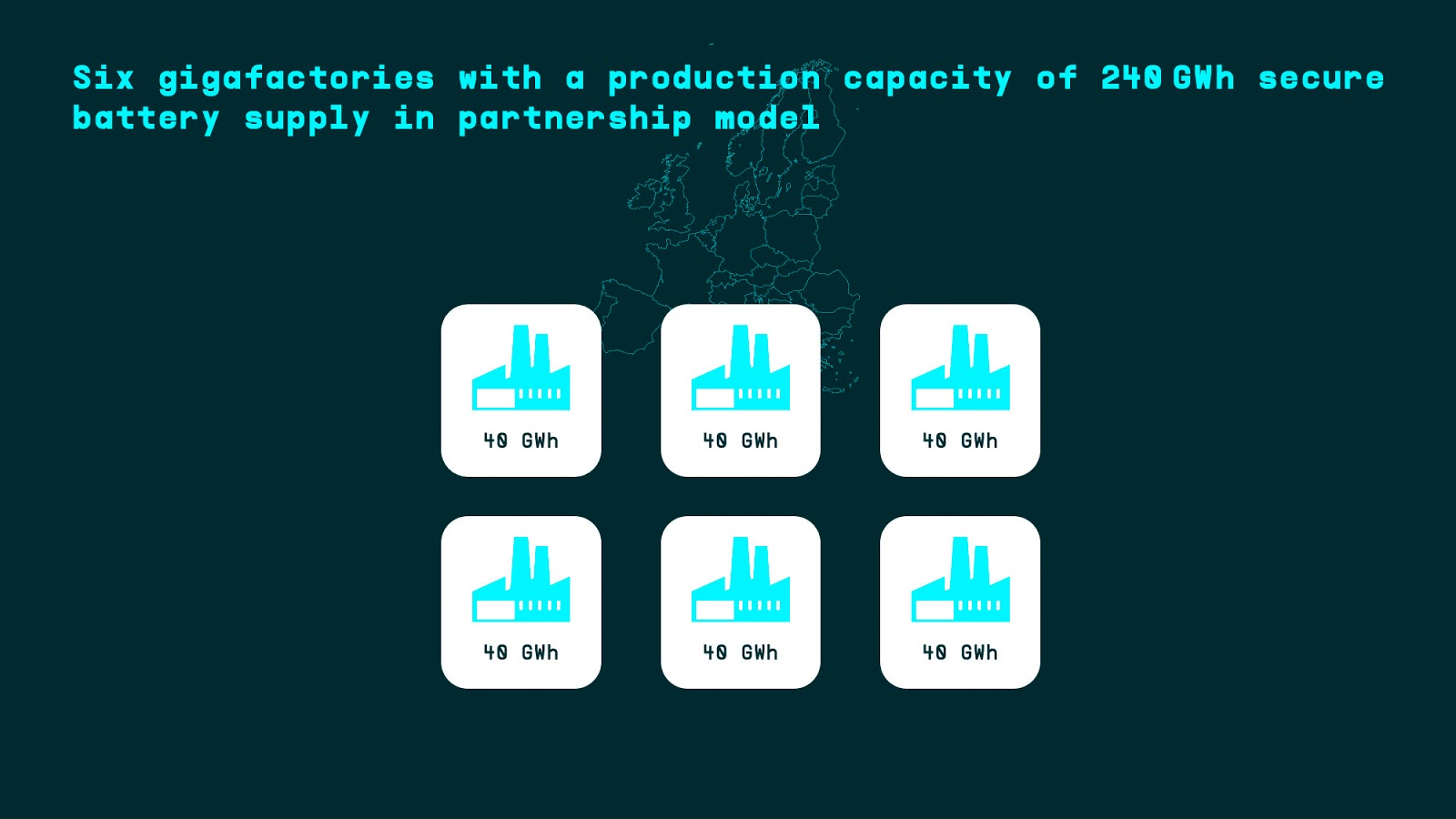
The Volkswagen Group target
a significant increase in battery production in Europe, in order
to meet the growing demand. In total, six mega-factories will be commissioned,
with a total energy capacity of 240 GWh per year. The first two will operate in the Swedish
City Ski liftså and in Salzgitter of Germany, 40 GWh each. In the first, in collaboration with Northvolt, will
manufactured batteries for the most premium Models. The mega-factory of the Volkswagen Group at Salzgitter will produce
batteries for more mass-produced models from 2025 and will develop innovations in the
process, design and chemistry technology. Both will
are powered by electricity from renewable energy sources. The locations and
the partners for the remaining four mega-factories are under investigation.
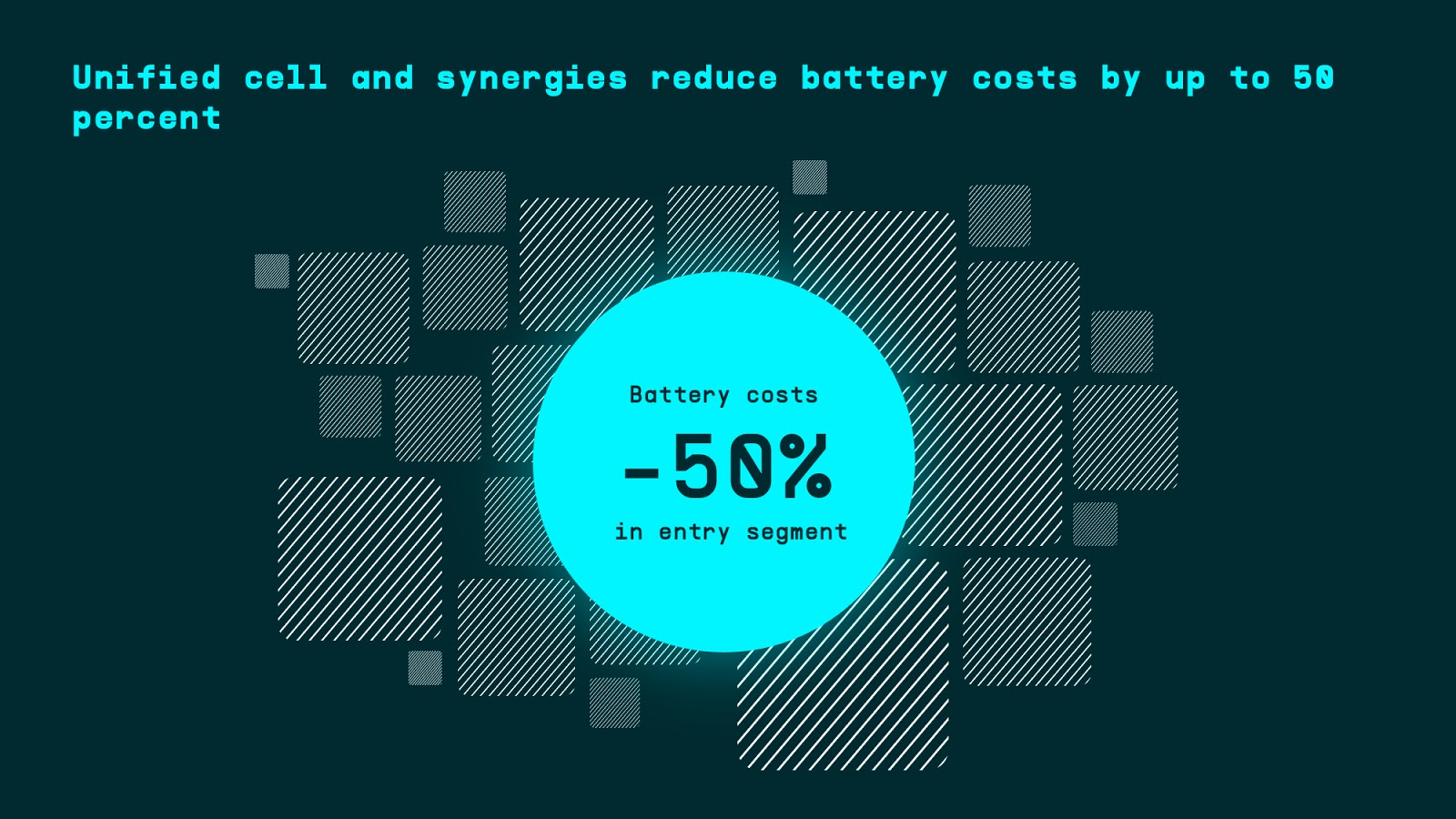
The new single battery block will offer
huge cost savings. He has
scheduled to be launched in 2023 and by 2030 it will be installed
to 80 % of all electric vehicles of the 80 % Group, in all its brands. Additional savings will be achieved by
optimization of components, the development of innovative production methods and the
consistent recycling. The aim is to gradually reduce the cost of the battery to
"entry level" models up to 50 % and in the best-selling segment up to 30
%, with the cost per kilowatt-hour coming in at under 100 €.
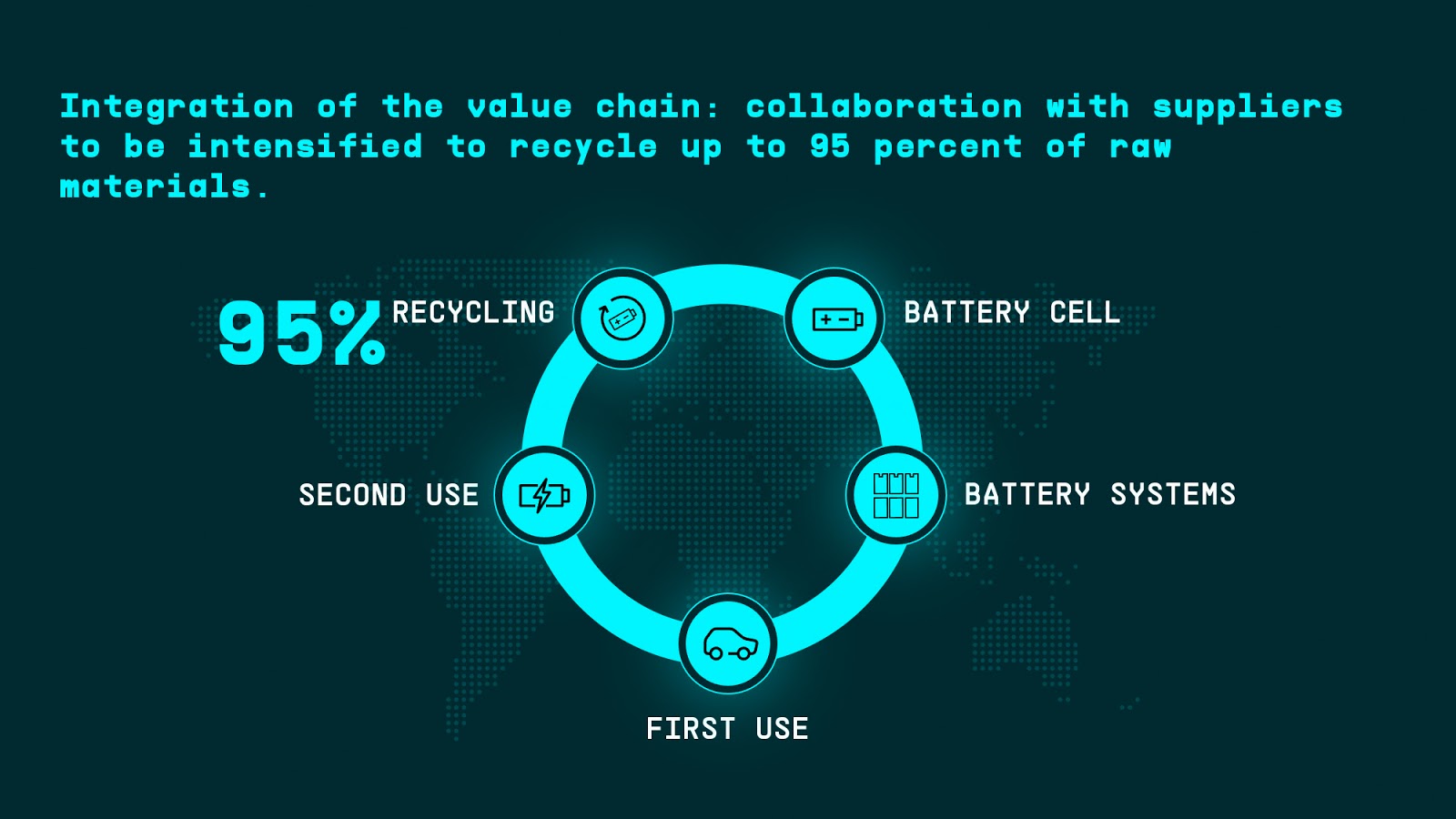
An enriched and more complete value chain. The Volkswagen Group will ensure the uninterrupted
battery supply, with technology development in storage capacity
energy and the possibility of fast charging, in addition to reduced costs.
The new prismatic single block also offers the best conditions for
transition to batteries type solid state, the next technological leap in batteries, which the Volkswagen Group awaits
for the middle of the decade. The Group focuses on strategic partnerships for effective
use of natural resources and better charging, while maintaining the
its strategic financial objectives (indicator capex about 6% by 2025 and
annual net cash flow of more than EUR 10 billion).
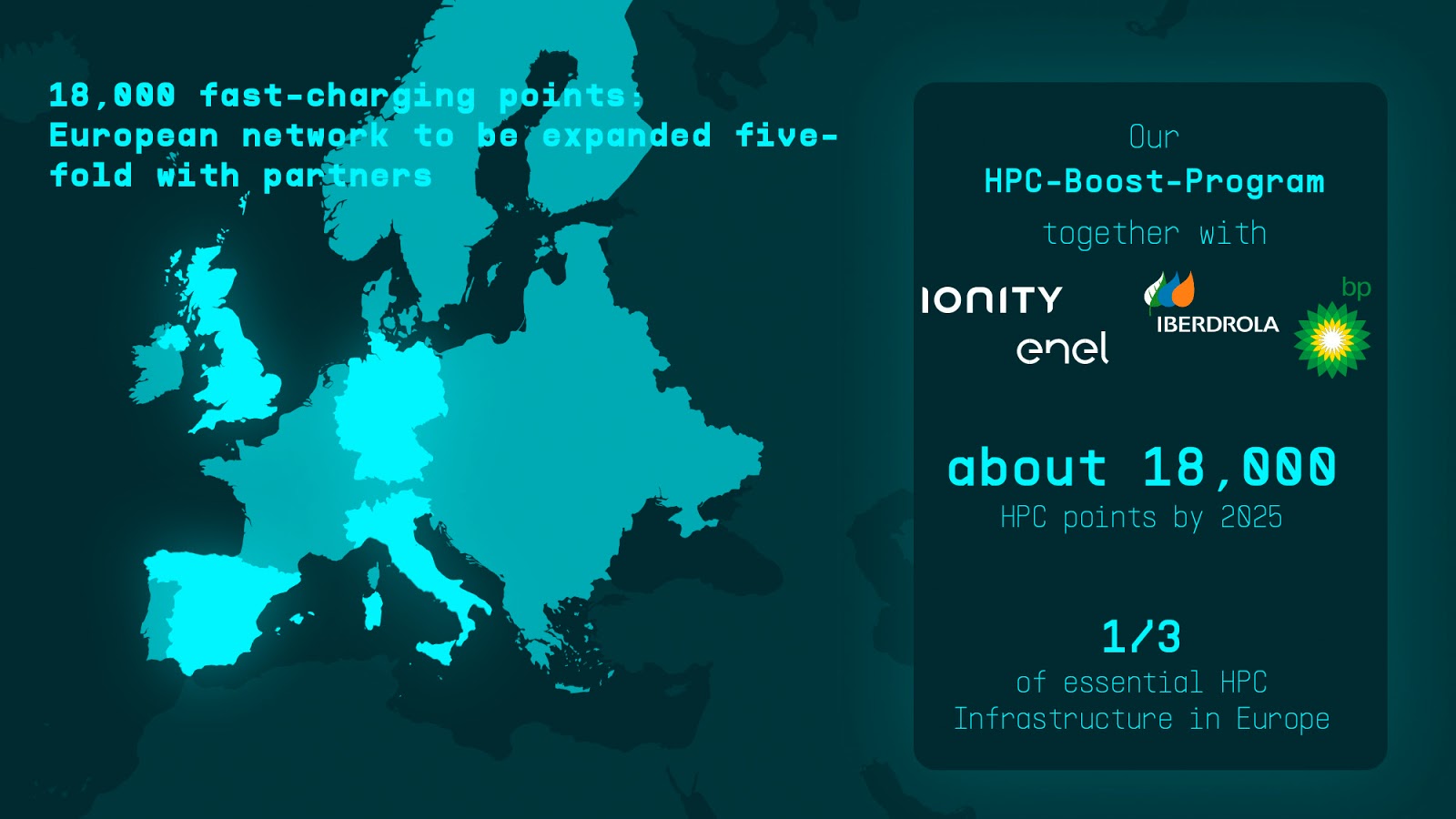
Expanding the global fast charging network with the operation of around 18,000 public points
fast charging in Europe by 2025, representing a fivefold increase in the number of
of the current fast charging network and corresponds to about one third of the
total demand projected for Europe in 2025. This would
achieved through a series of strategic partnerships - in addition to the project IONITY.
To Volkswagen Group will
set up around 8,000 fast charging points across Europe in
cooperation with the BP. Fast chargers with a charging capacity of 150 kW will be installed in a total of 4,000 service stations
fuel BP
and ARAL, with
the majority of them in Germany and Great Britain. In cooperation with
Iberdrola, the
Group will cover the main traffic routes in the
Spain. In Italy, the Volkswagen Group will cooperate with the Enel for the creation of the
fast-charging network both on motorways and in urban areas
areas. An investment of around €400 million is foreseen in the European
programme as a whole until 2025, with further investments to be borne by external
partners.
Related
actions are planned for the US and China. Η Electrify America plans about
3,500 fast-charging points in North America by the end of the year. At
China, the Group aims to have a total of 17,000 fast-charging points by 2025, through the
joint undertaking CAMS.
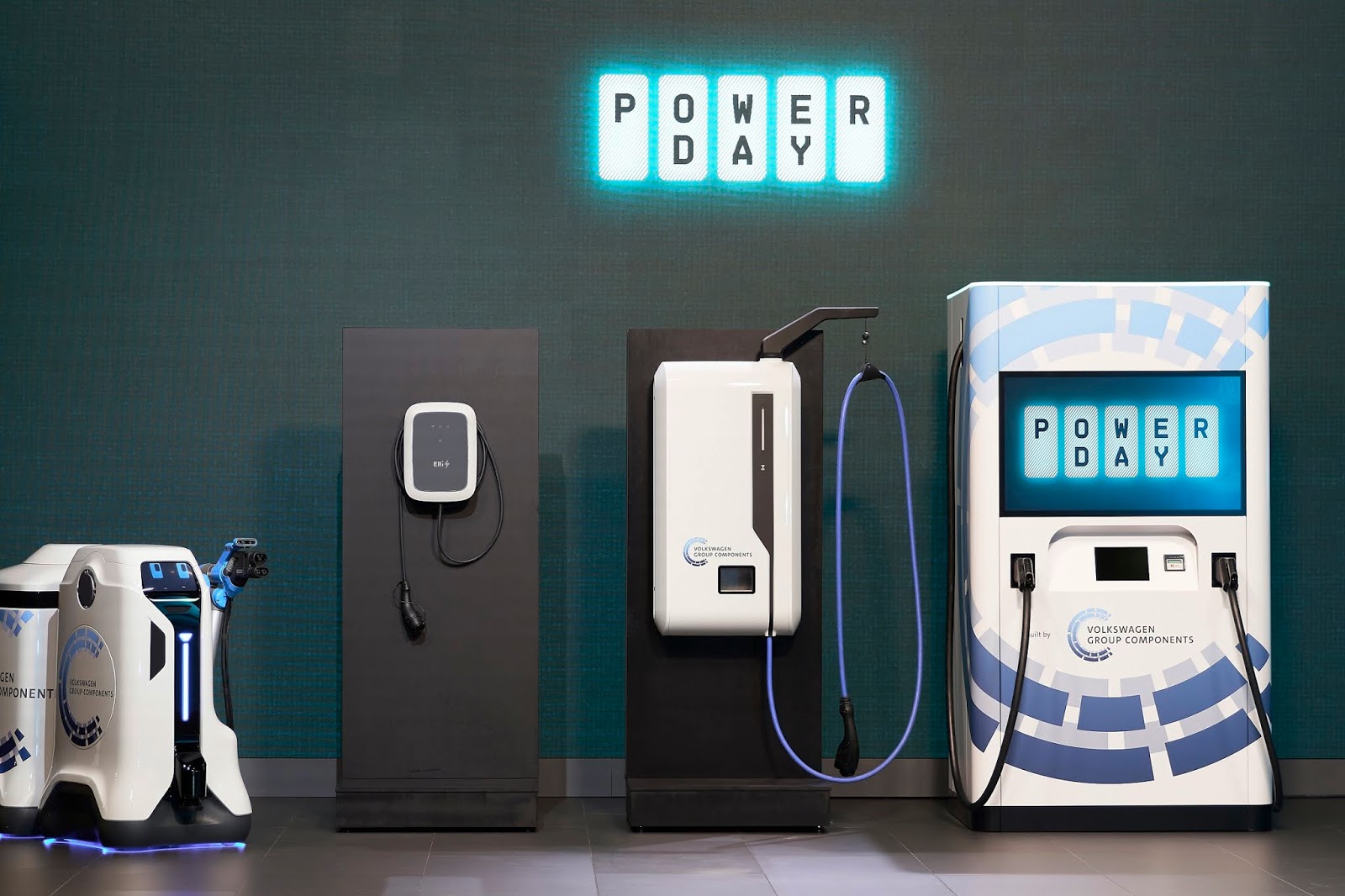
The Volkswagen Group will do
the electric car part of the energy system integrating the electric car into
private, commercial and public energy systems in the future. This will
allow green electricity from the sun to be stored in the vehicle
and re-powered to the home network if necessary. Not only do customers
will not be so dependent on the public electricity grid, but will save
money and reduce emissions CO2.
The models based on the platform MEB of Volkswagen Group will support this technology already from
2022. A complete package with all the devices and
digital services - from the Wallbox two roads to the
energy management. The technology is soon to be used in
larger scale - for example in residential buildings, businesses or in the
general power supply network.


